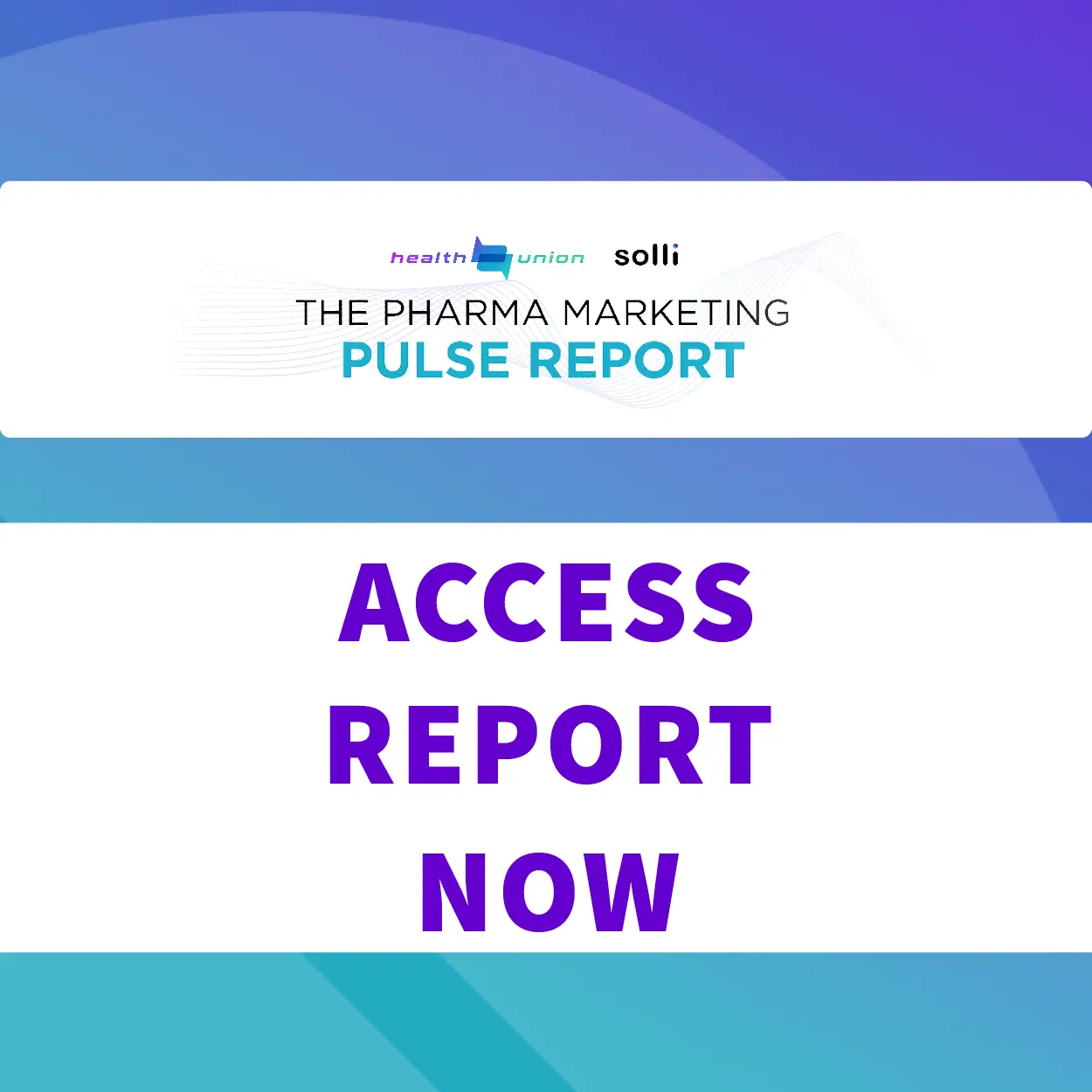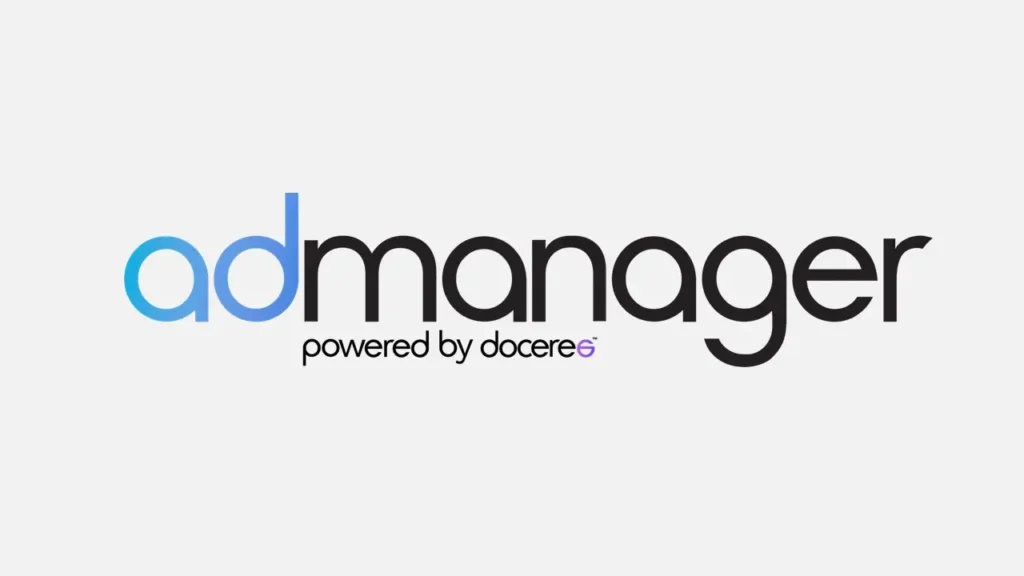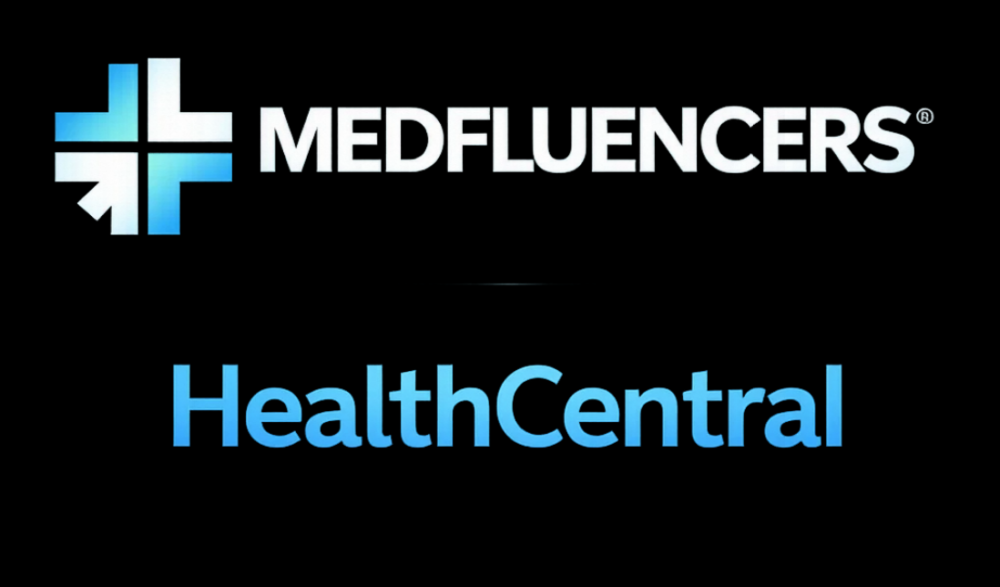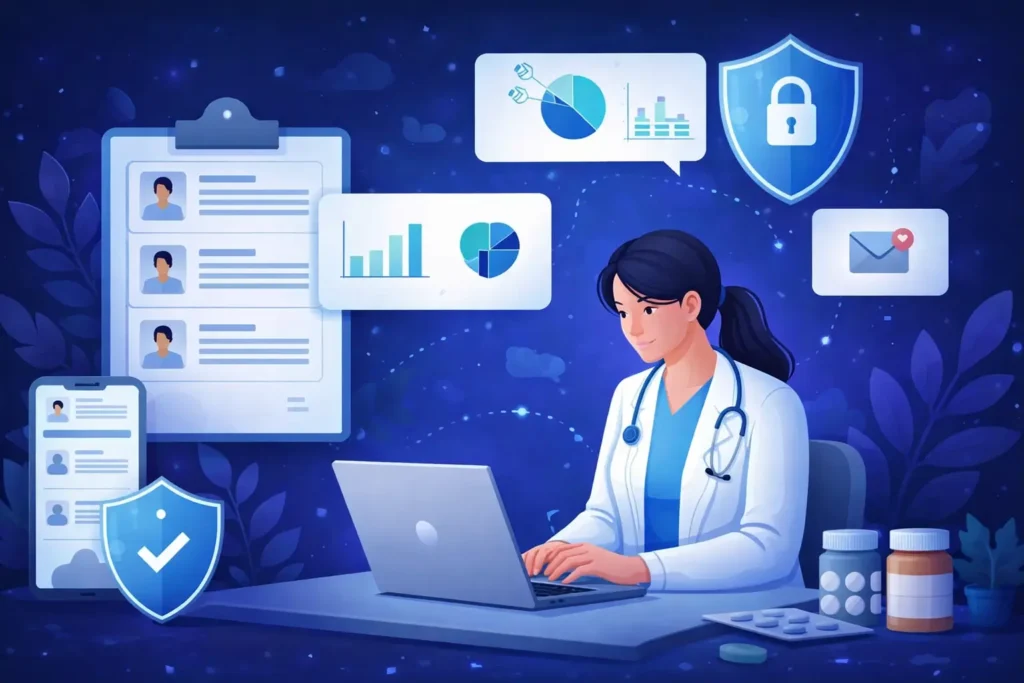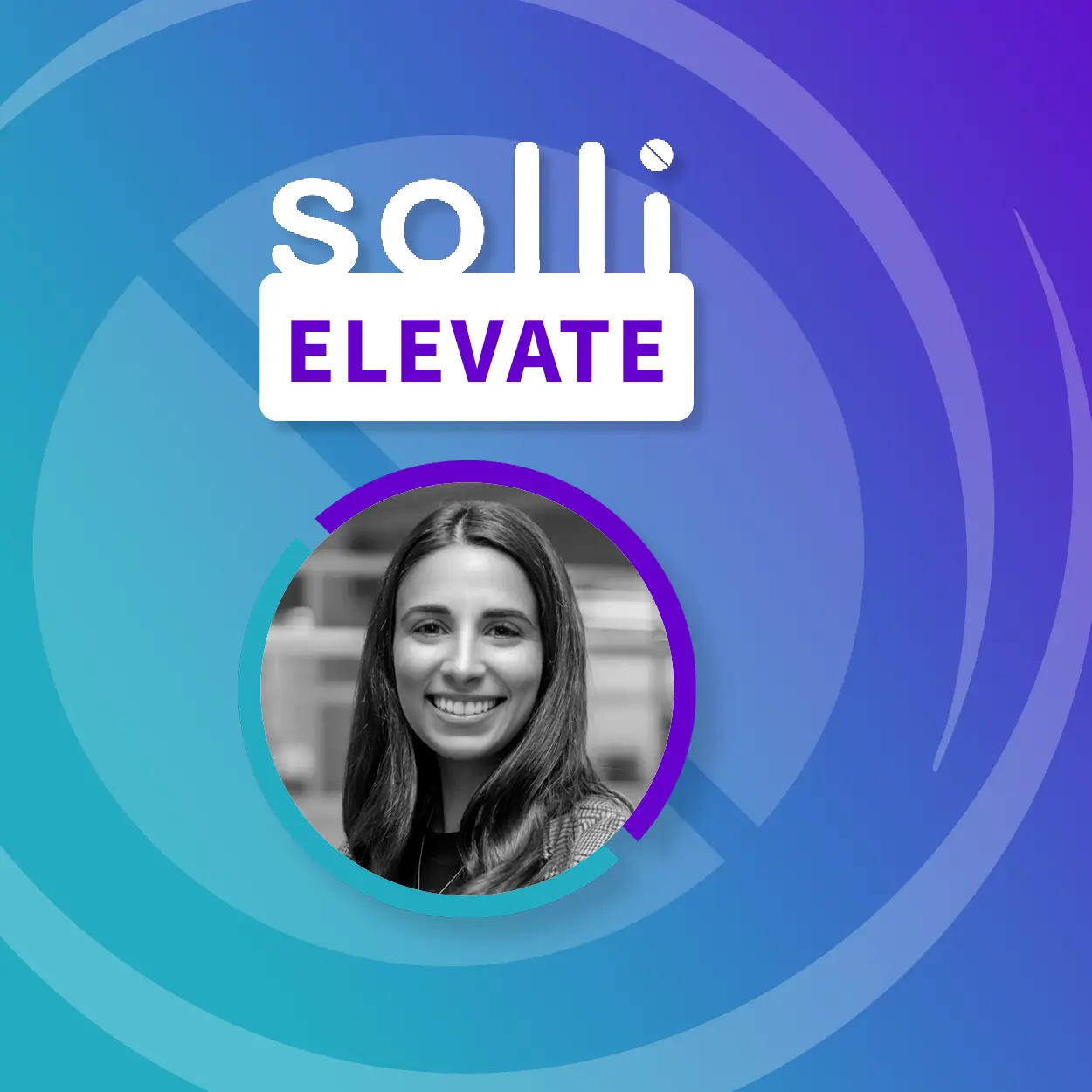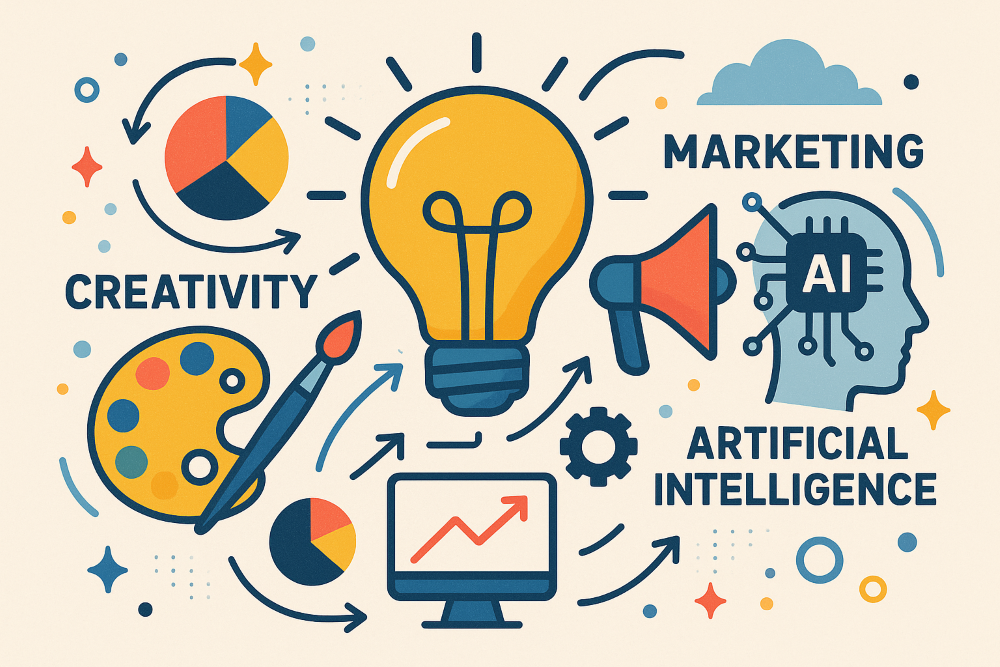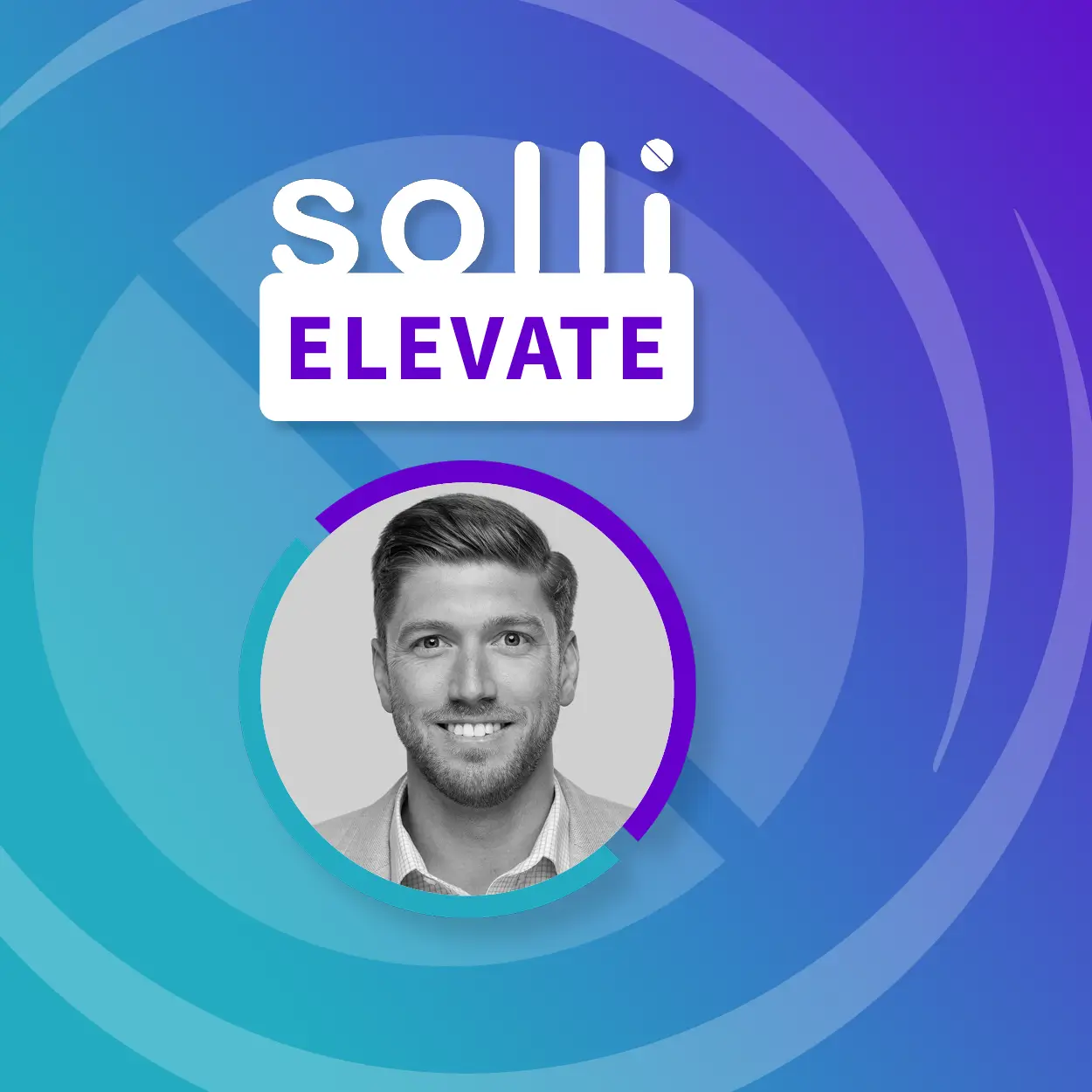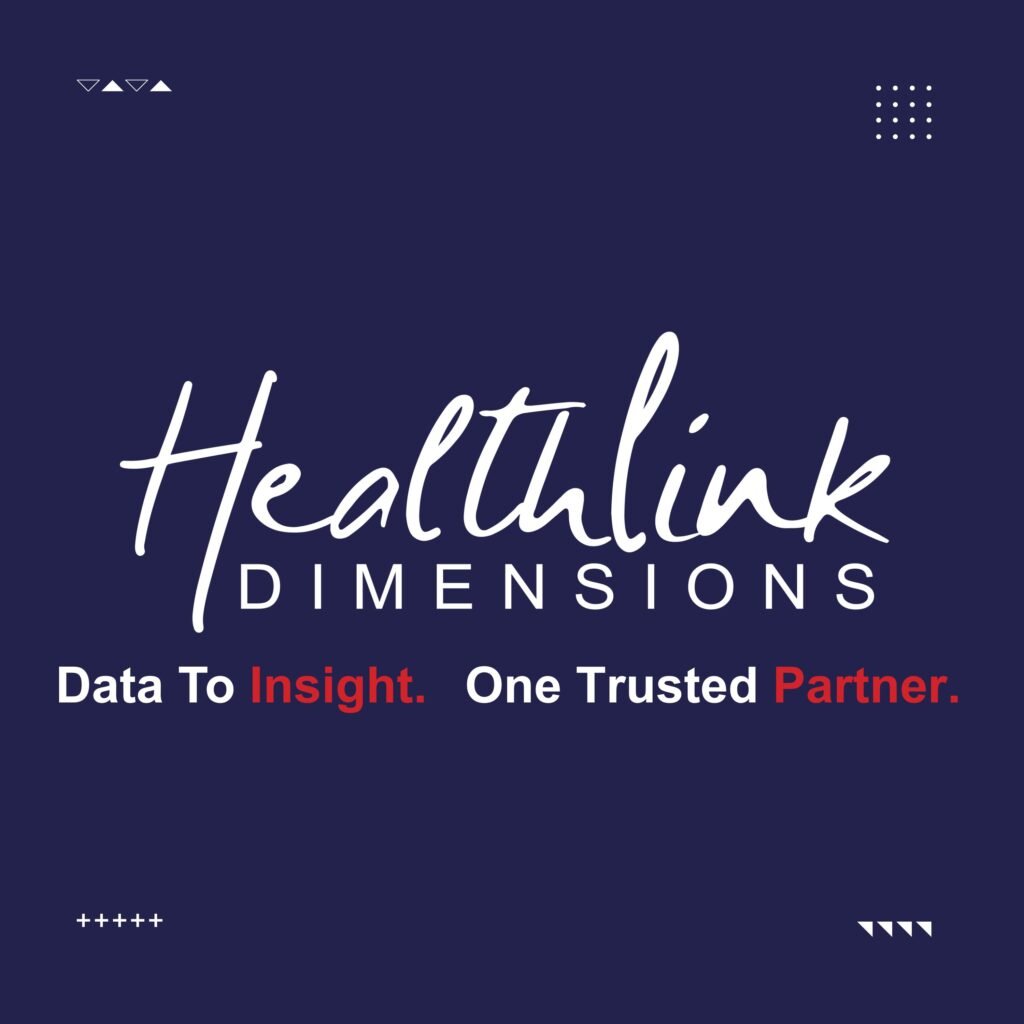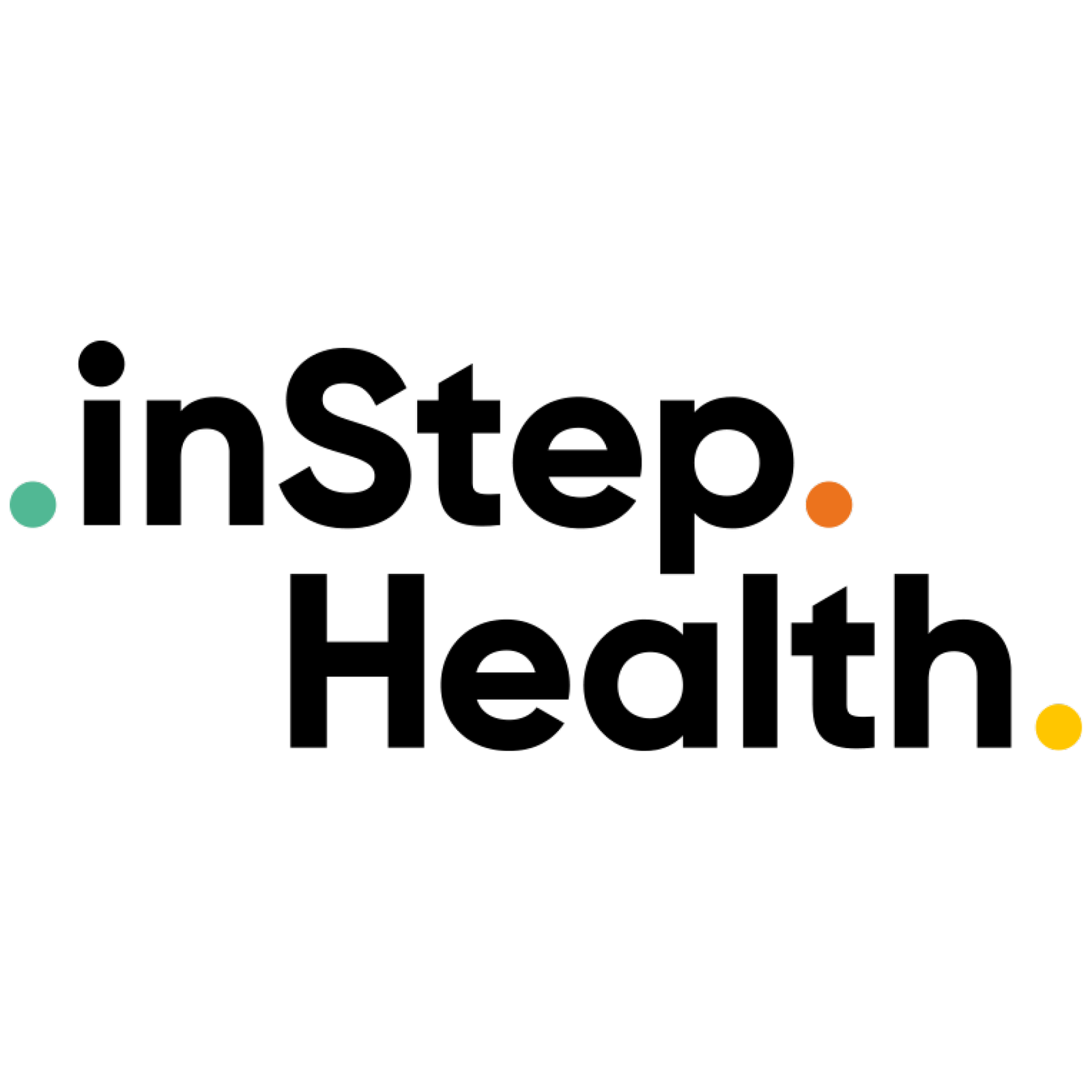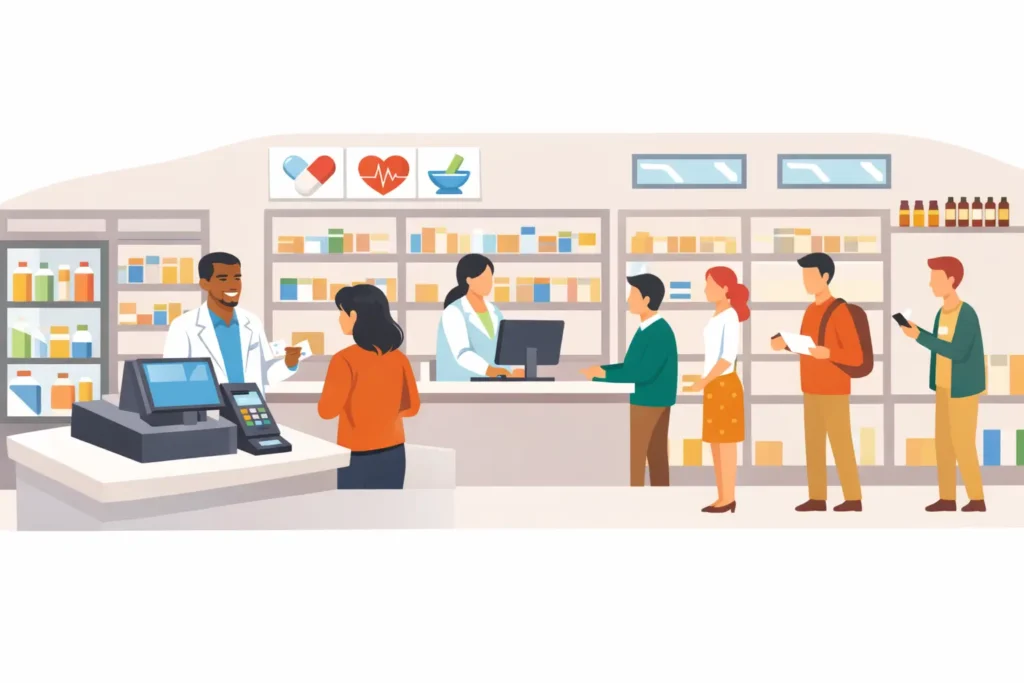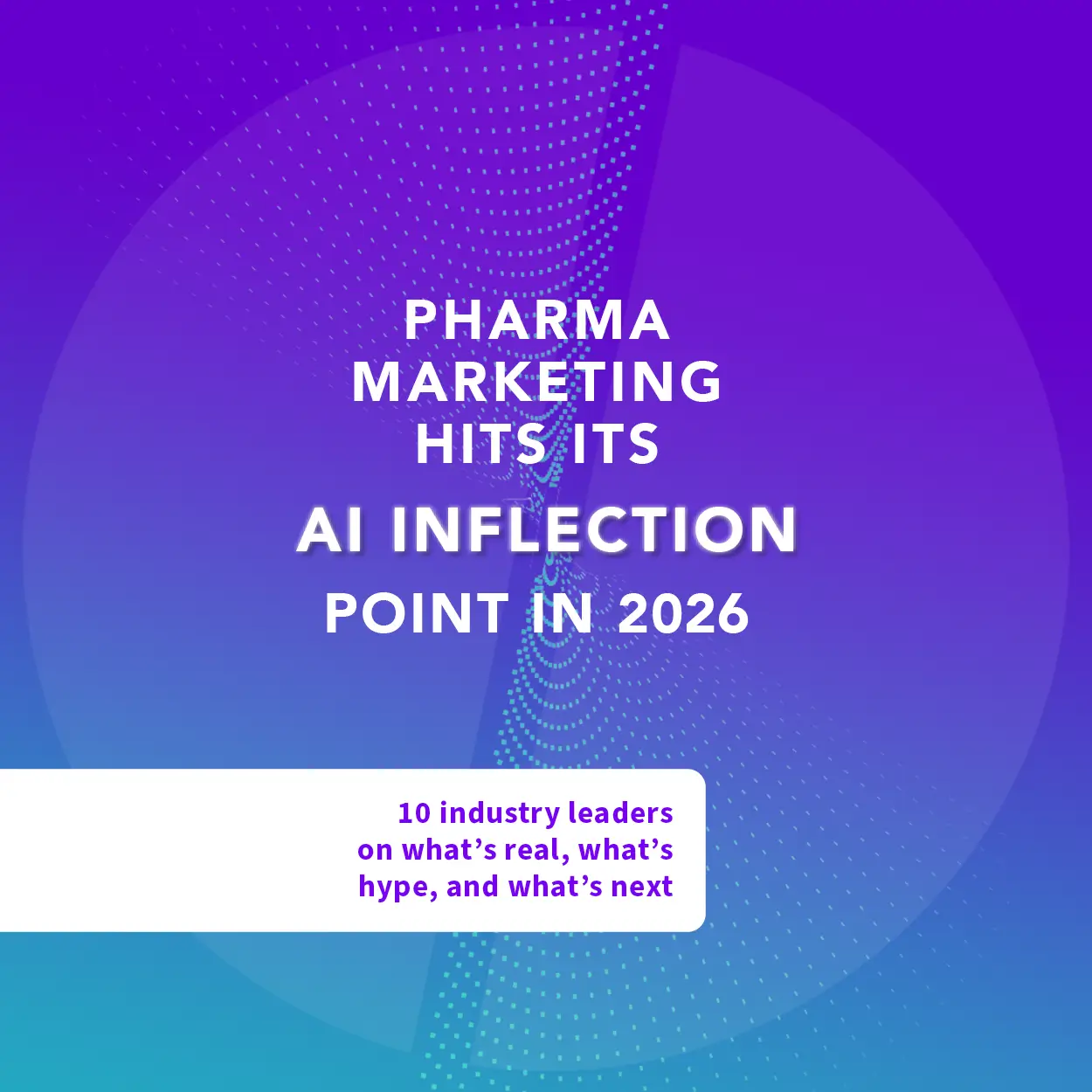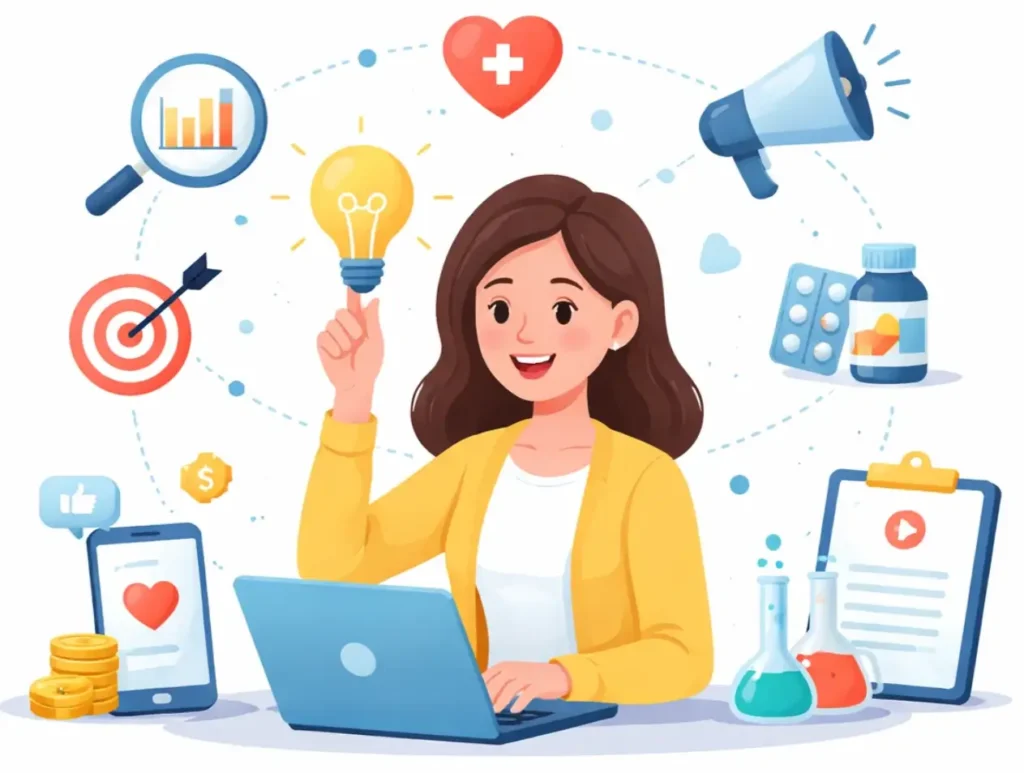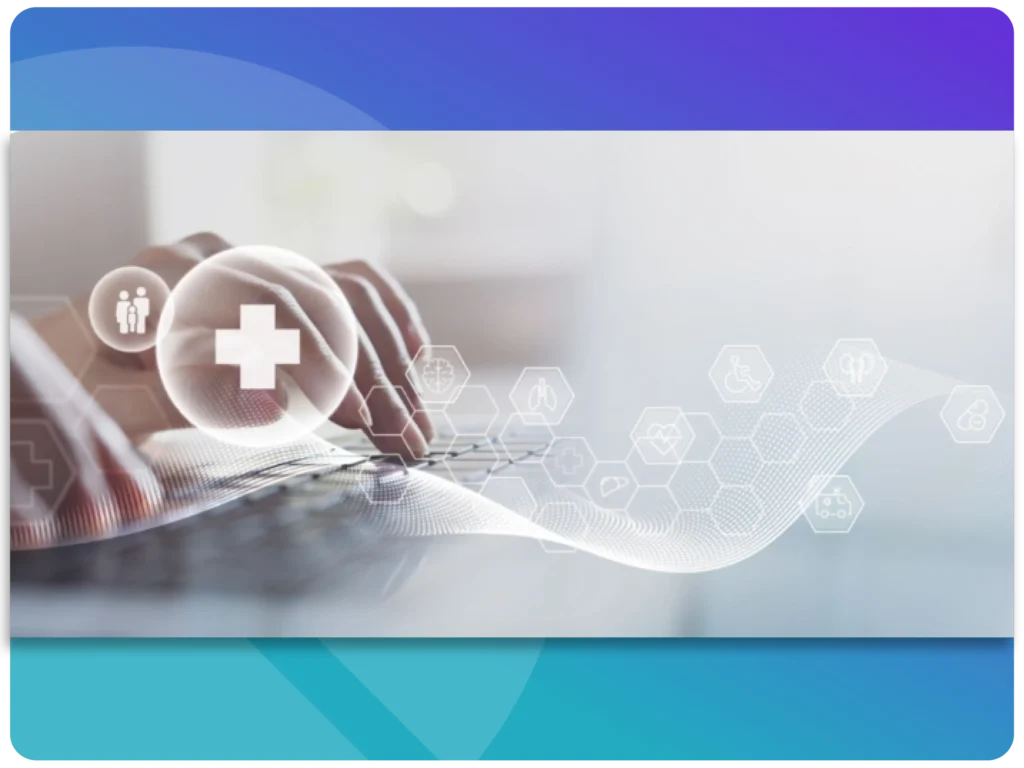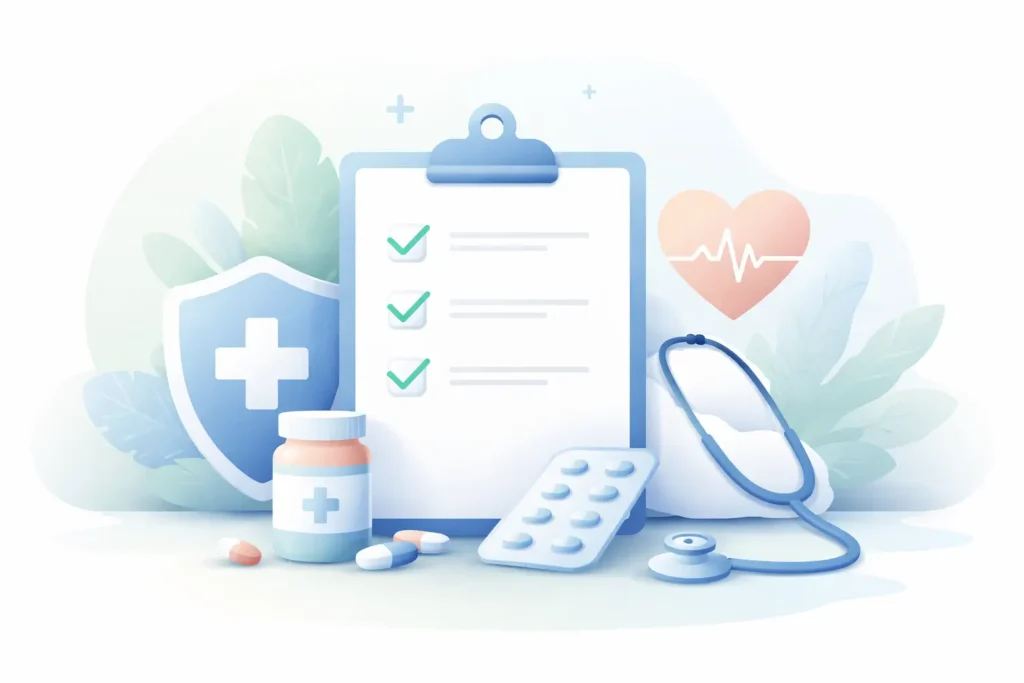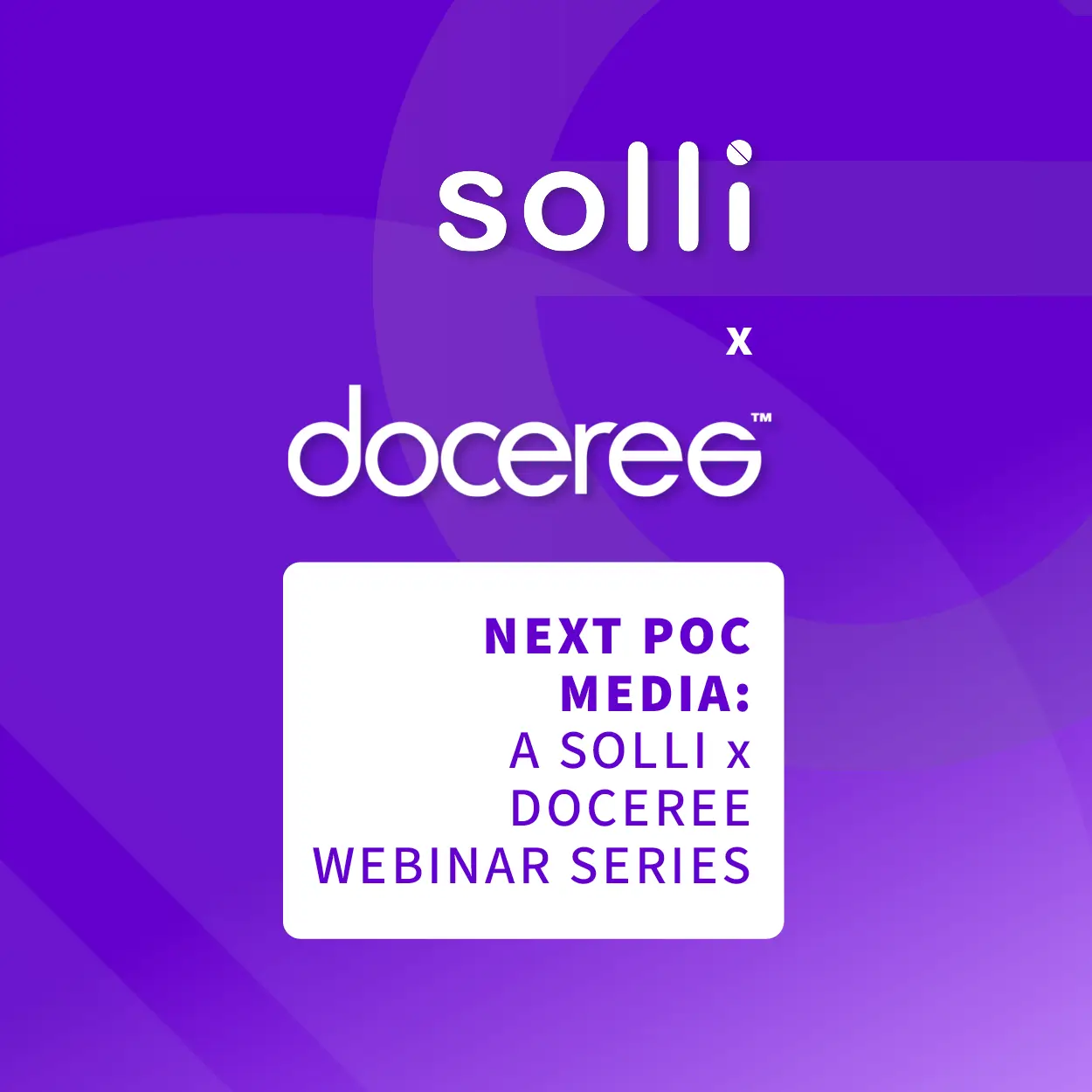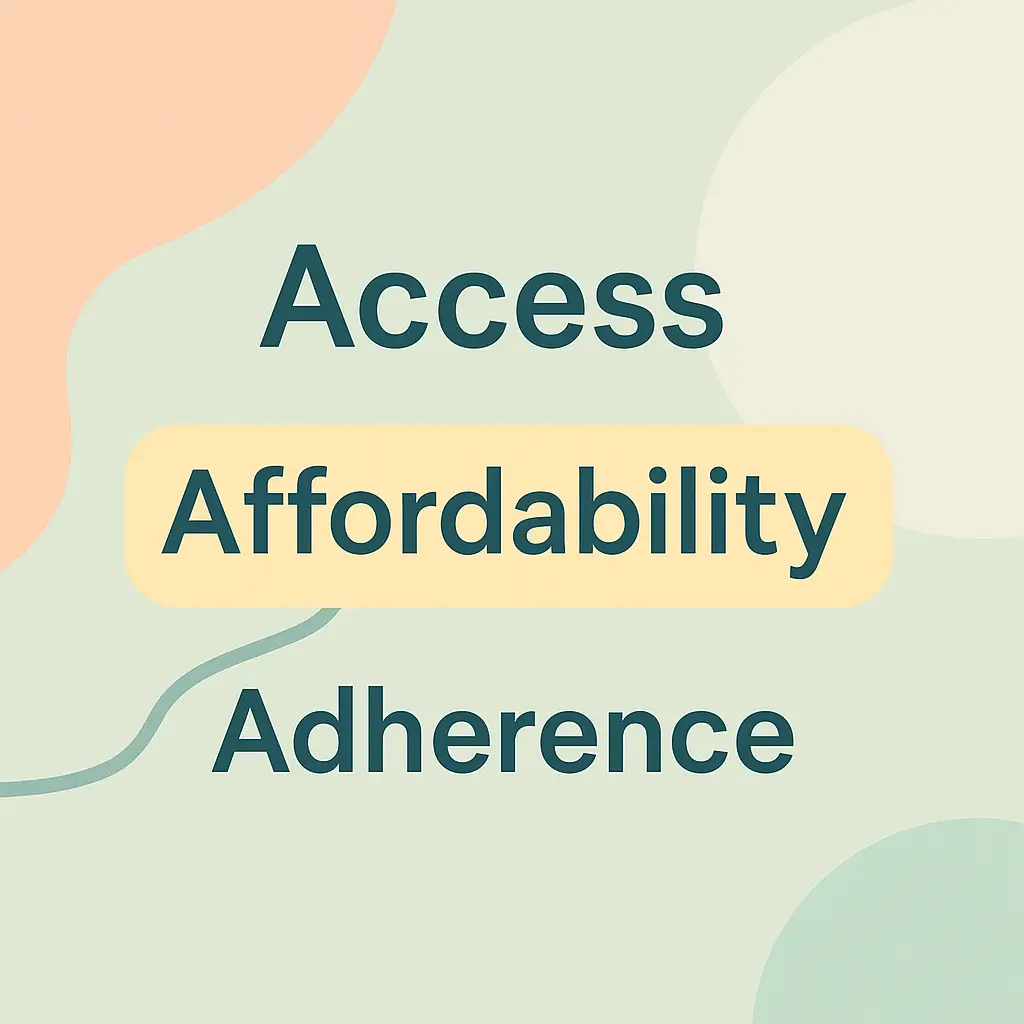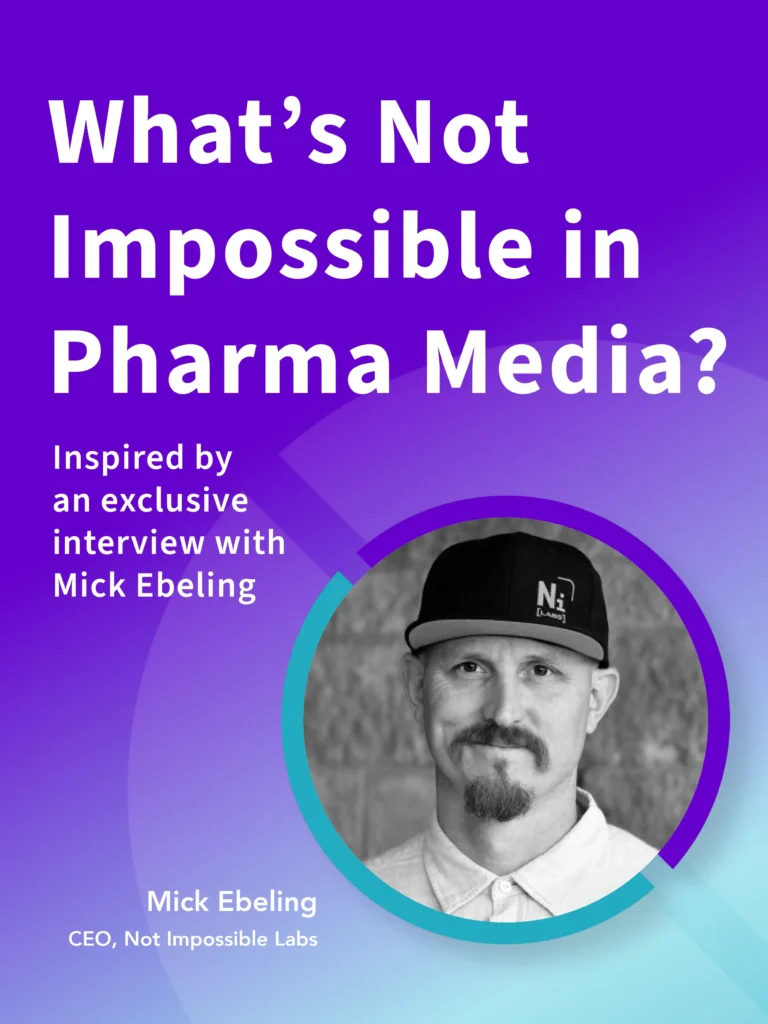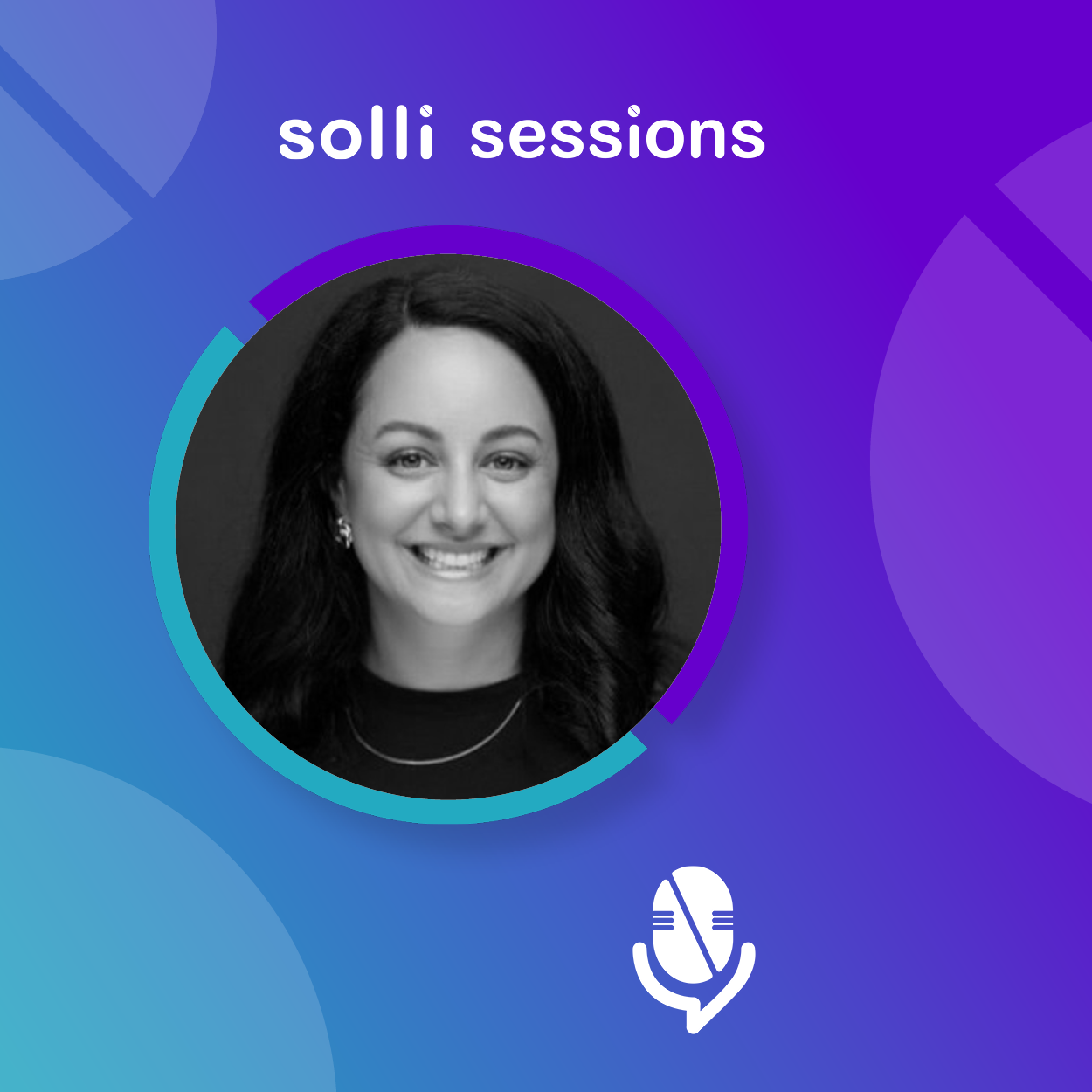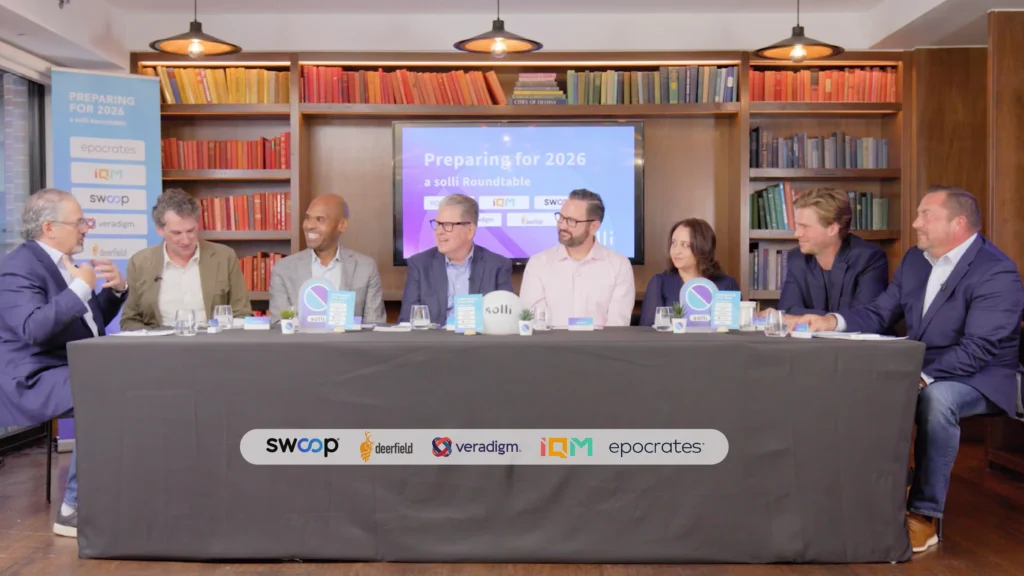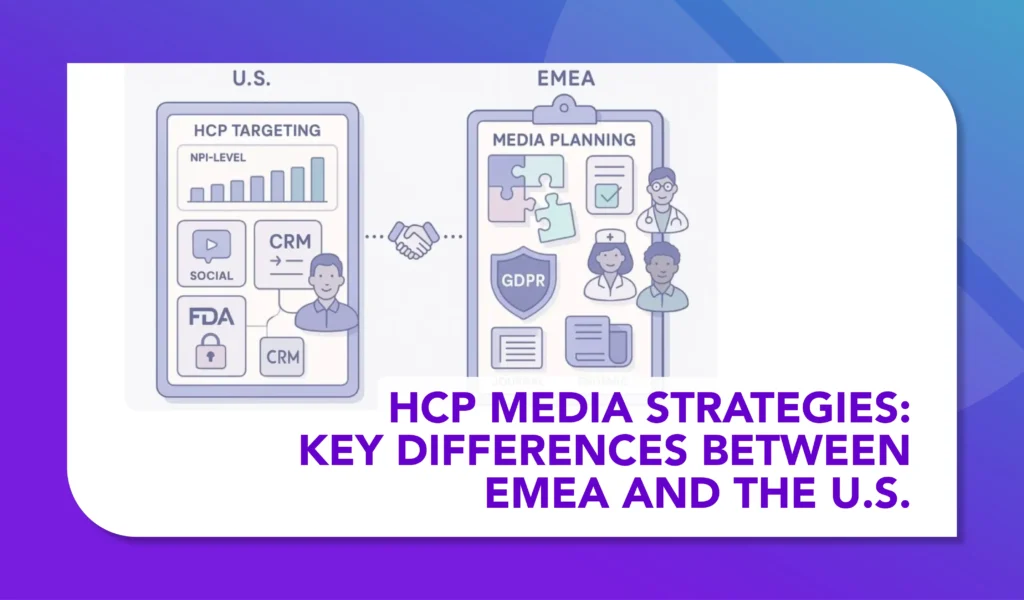The Evolving Global Media Landscape for Healthcare Professionals
Insights from the Media Vitals HCP 2025 Global Report by CMI Media Group
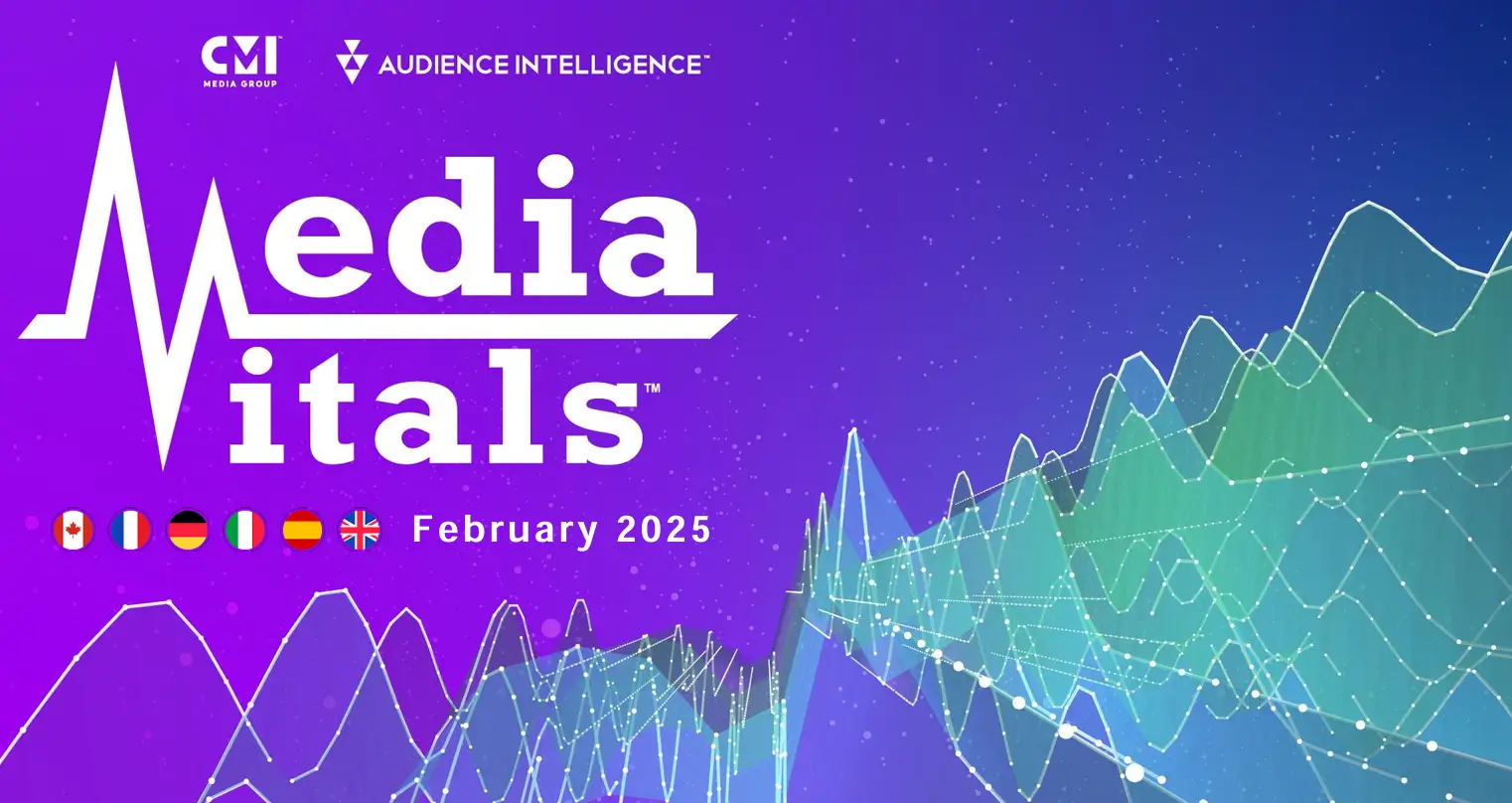
The landscape of healthcare communication is undergoing a profound transformation, driven by shifting media consumption habits among healthcare professionals (HCPs) worldwide. The Media Vitals HCP 2025 Global Report, conducted by CMI Media Group, provides an exploration of how medical professionals engage with information, collaborate with peers, and leverage digital tools to enhance patient care.
Global Collaboration and the Digital Shift
Nearly half of HCPs in EU5+Canada are actively collaborating with their international peers on a weekly basis. This trend is especially pronounced among Dermatologists (57%) and Oncologists (58%), while Cardiologists (51%) connect with international colleagues at least two to three times per month. This insight underscores the growing reliance on digital platforms and global networks to facilitate knowledge exchange and best practice sharing.
Matthew Durham, VP Global Engagement Strategy shared that “Collaboration, especially when it is happening across social platforms – both general and HCP-specialist – offers a unique opportunity for international brands to position themselves alongside the HCPs as they are interacting with their peers.”
The Rising Prominence of Telehealth
While in-person consultations remain the most common mode of patient interaction, telehealth usage has become a critical component of modern healthcare delivery. The study reveals that most European HCPs use telehealth weekly, though adoption varies by country. In France and the UK, HCPs are less likely than the average to rely on virtual care, while in Canada and Italy, prescription refills and medication management remain the top reasons for telehealth engagement.
Notably, Neurologists interact with patients less frequently in person, opting instead for telehealth solutions at a higher rate than other specialties. These findings signal an ongoing shift in patient-HCP engagement and the increasing role of virtual healthcare tools in routine medical practice.
The Knowledge Gap: Are Patients Sufficiently Informed?
A critical issue highlighted by the study is the lack of sufficient information among patients. HCPs surveyed believe that over 40% of their patients lack the knowledge necessary to ask informed questions and make educated healthcare decisions. This underscores an urgent need for better patient education – a gap that media and digital platforms can help bridge.
“This presents a unique opportunity for better disease state education and awareness for patients. It also expands beyond advertising into the care sector, ensuring there are thriving patient support programs.” explained Justin Freid, Chief Media & Innovation Officer at CMI Media Group
The Role of Omni-Channel Communication
In an era of information overload, HCPs increasingly rely on multiple sources to stay informed. The report confirms that no single platform dominates; instead, HCPs engage with a diverse set of resources, including:
- Emails from pharma companies (67%)
- Medical websites (67%)
- Online drug reference apps (66%)
- Pharma websites (66%)
- Medical journals (print & digital) (65%)
Given this complexity, an omni-channel strategy is essential for reaching HCPs effectively. As Eimear Allen, Supervisor of Global Engagement Strategy, notes:
“There are dozens of potential platforms which HCPs tell us they are using for professional purposes and no one tactic can reach an entire target audience.”
Pharma marketers must connect data-driven insights across channels – from CRM systems to digital campaigns – to create a seamless and integrated communication experience.
Personalization: A Missed Opportunity?
A particularly compelling takeaway from the report is that HCPs are not only open to personalized advertising but actively prefer it. Despite longstanding concerns that targeted messaging might alienate medical professionals, the data reveals the opposite:
The report shares that “more personalization and tailored messaging will generate improved attention, enhanced engagement, and improved ROI on HCP advertising campaigns.”
This finding adds impetus to the idea that pharma brands, particularly in non-U.S. markets, must embrace advanced targeting strategies. The report suggests that customized content – tailored to HCPs’ specialties, geographic regions, and patient demographics – can significantly improve engagement.
Looking Ahead
As we continue to navigate 2025, the pharmaceutical and healthcare media landscape is evolving rapidly. The findings from the Media Vitals report signal an urgent need for adaptive, data-driven communication strategies that prioritize digital engagement, patient education, and personalized outreach.
According to this report it seems that for pharmaceutical brands, the path forward is clear: the future of HCP engagement lies in a seamless, personalized, and globally connected media ecosystem.
To read the full report, click here.

